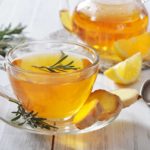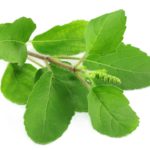It’s deep winter and winter is kapha season…cold, slow and still. In the north here in Maine, the ground has been blanketed with snow for weeks; stillness and quiet beauty pervade. If you’ve arrived at winter’s door step feeling stressed, dried out and frazzled, this season offers time to slow down and surrender to the peaceful quiet. Those who tend to have high vata may feel cold, dry, depleted and not so inspired. Peace and stillness can be deeply nourishing and this is an ideal time for vata people and exhausted pitta people to consciously restore vitality and resilience with naps, oil massage, warm baths and nourishing foods. In winter, we can push the pause button as often as possible and rebuild ojas, our natural resilience, immunity and contentment. We can relax into the season and with openness and acceptance make space for deeper feelings, making friends with kapha season and having faith that fresh inspiration will reemerge in its own time. Kapha within each of us slows us down and helps us to contain and restore our energy. This is essential support for the more dynamic pitta and vata energies.
What about someone with high kapha?
The kapha person shares the qualities of winter, tending to be slow moving, still and heavy of body and mind. A high kapha person immersed in the kapha qualities of winter equals more kapha! This causes an already slow and steady demeanor to become sluggish, easily gaining weight and feeling depressed. So we can see that the energy of winter is too much like kapha and this increases kapha energy, leading to imbalance of mind and body. While vata is mounding dollops of ghee on everything and has surrendered to napping under warm blankets on the couch, those with increased kapha dosha can skip the naps and nourishing foods. They need the opposite! They call a friend to join them for an enlivening dance class, some vigorous yoga, or tromping around on snowshoes while taking in the fresh crisp air. It’s a wonderful time to welcome a new challenge, new activities and creative stimulation. They need to eat light warm foods like vegetable stews and quinoa pilafs while ever sipping ginger tea.
Signs of Excess Kapha Dosha
Body
Excess mucous
White coat on tongue
Weight gain
Difficulty rising in the Morning
Slow, dull, foggy, lethargic, heavy
Sluggish bowel movements
Mind and Emotions
Attached, possessive, sentimental
Resistant to change
Tendency for emotional overeating
Depression
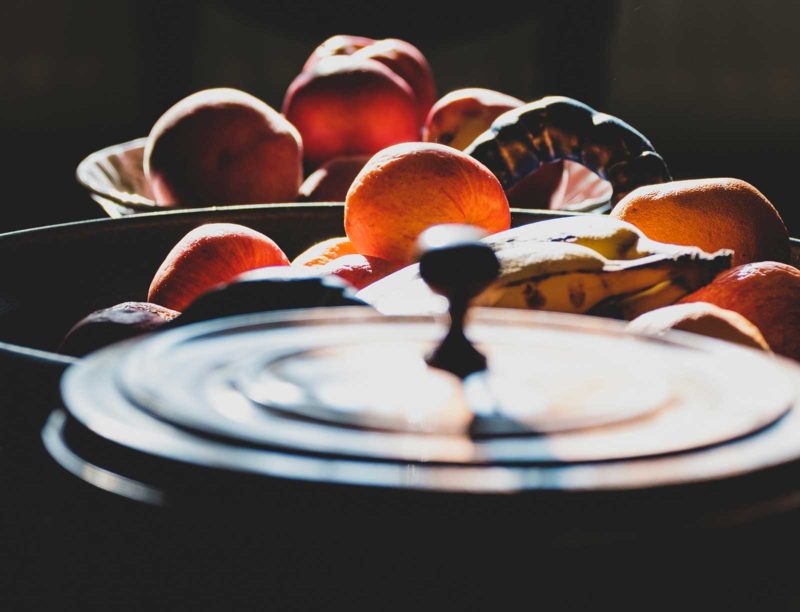
Keys to Wellness for Kapha
- Invigoration, Movement, Creativity, Letting Go, Fresh Start
- Ignite digestive fire
- Sip Hot water with fresh lemon or lime before meals to promote healthy digestion, increase absorption and reduce kapha in the GI tract. Avoid cold or iced drinks.
- Kaphas can occasionally fast for a day with hot water.
- Avoid cold heavy foods and eating late at night. Avoid White
Sugar, White Flour, Wheat, Processed foods, Dairy, Cheese,
Food Additives, artificial sweeteners, Red Meat and carbonated drinks. - Avoid foods that are sweet, sour and salty
- Emphasize foods that are spicy, bitter and astringent.
- Eat moderate portions in a calm environment, chew well and sip hot water or ginger tea with meal.
- Eat warm freshly cooked meals whenever possible and avoid leftovers and frozen foods.

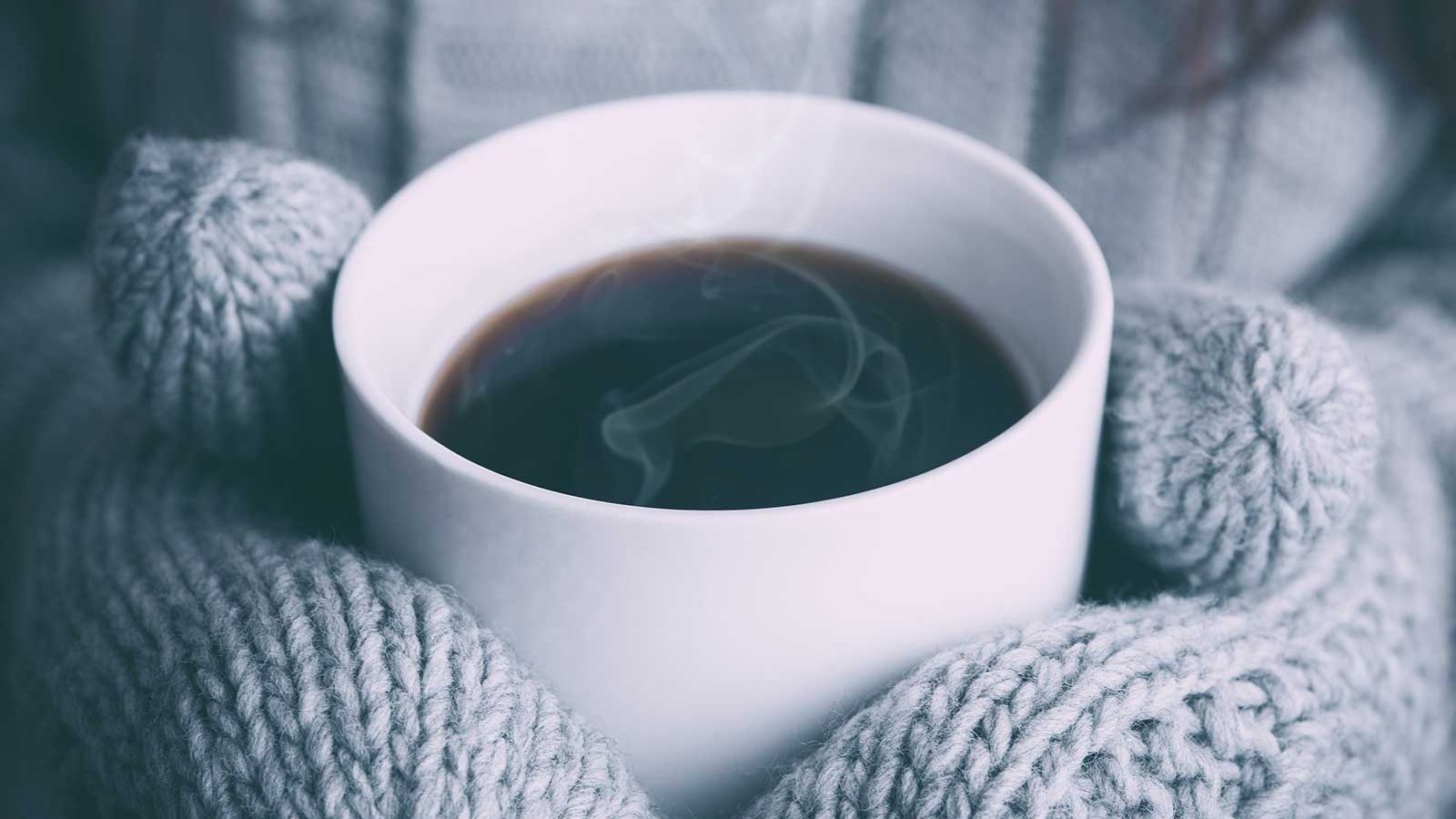
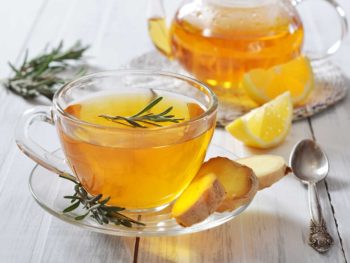

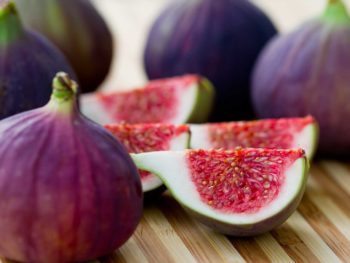
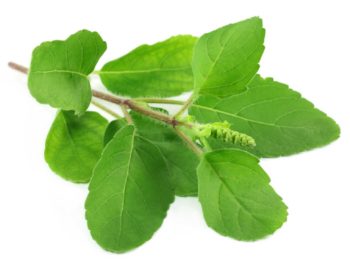
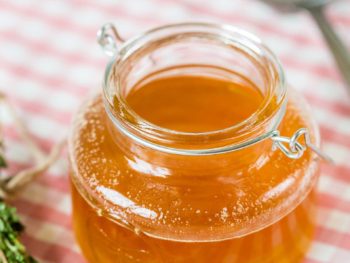
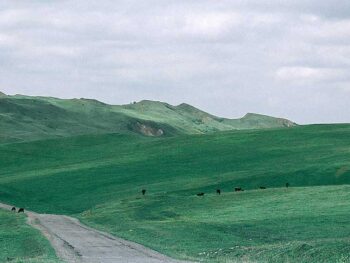
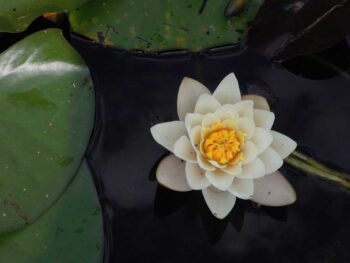



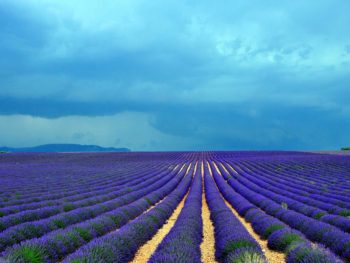
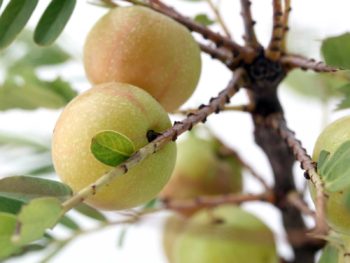
 Taking Care of Vata in Vata Season
Taking Care of Vata in Vata Season
